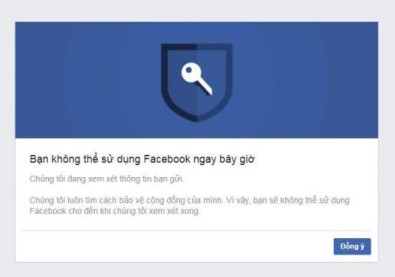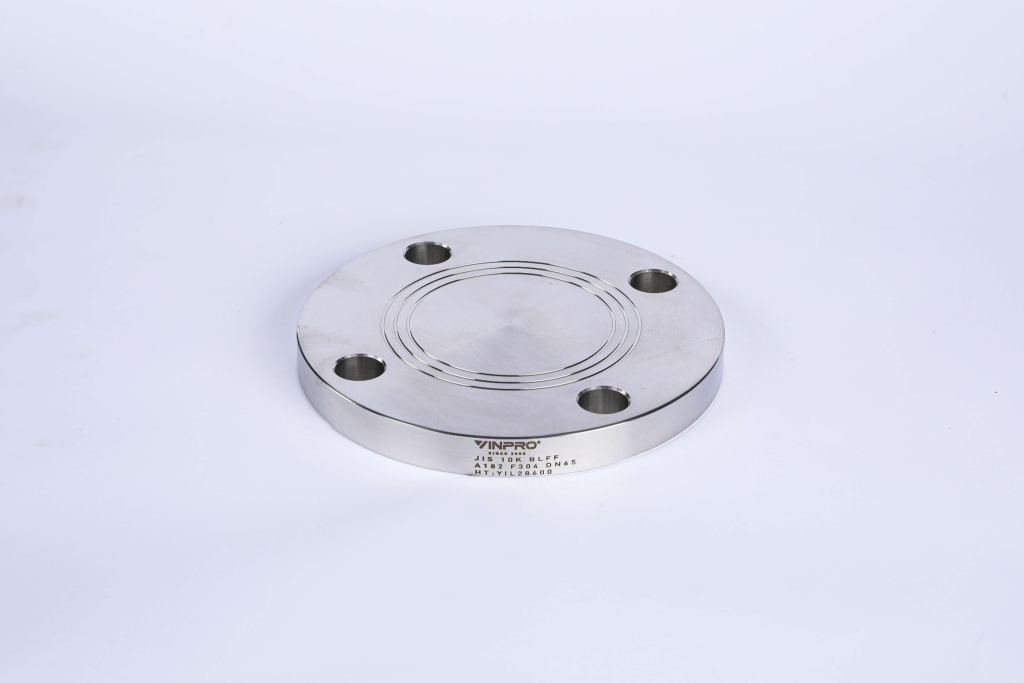Chrome OS known as the best anti-virus operating system. Google likes to brag about how secure this operating system is from others. However, are Chromebooks really immune to viruses? And, if so, how do they do so? In this article, I will explain all of the above.
| Join the channel Telegram of the AnonyViet 👉 Link 👈 |

What is a computer virus?
First, you need to know what the hell a computer virus is. Viruses fall under the umbrella of “malware”. They wreak havoc by injecting malicious code into a file (usually an executable) and when that file is run, the malicious code is distributed.
Since the malicious code is run on your machine, it can do whatever it wants, like destroy data, overwrite files, or clone itself and attack other systems.
Usually, viruses focus their attacks on specific systems. So, when they infect Windows EXE files, it won’t affect Chromebooks much because it can’t run EXE files.
This is why most viruses usually target the most popular platforms, like Windows. And from my personal point of view, ChromeOS users don’t save their important files on the machine, but they usually save them in the cloud. It’s also part of the reason why there aren’t many viruses on ChromeOS.
What makes Chrome OS so secure?
There are a number of features that make Chrome OS more secure than other operating systems. The most important thing is probably how easy it is to update the system. Chrome OS always checks for updates, and they can be installed in minutes. Using the latest version ensures you can protect yourself from the latest bugs or vulnerabilities.
Additionally, Chromebooks perform a series of self-tests every time you reboot. The system checks for modifications that may pose a security risk. If any such modification is found, the system will repair itself.
The real secret to Chrome OS’s security is the sandbox. This means that every browser window, extension or Android application runs in a separate environment and cannot access the system. So if a virus happens and infects a sandbox, everything else will still be safe.
Is Chrome OS Vulnerable?
Even so, viruses are just one type of malware. Chrome OS is vulnerable to other things, such as malicious extensions, bad Android apps, and phishing websites. You also put your system at risk if you choose to run the extension “without sandboxing”.
However, these other types of malware are not unique to Chrome OS — anyone using the Chrome browser or Android device is vulnerable to them. If you install Android or Linux apps on your Chromebook, they create more security risks, even if only a small one.
How to stay safe on Chrome OS
Here are some tips to keep your Chromebook safe:
- Fraud prevention: Basically, Chrome OS is just a web browser, namely Chrome browser, so it doesn’t protect you from malicious web tricks. For example, you can still be tricked into providing personal information on a phishing website.
- Do not download Chrome extensions from third parties: Google does a pretty good job of keeping the Chrome Web Store secure, so you can just get the extensions from there.
- Avoid Developer Mode: This can be a powerful tool, especially for running Linux applications. However, it makes Chrome OS more vulnerable and most people don’t need it.
- Keep your Chromebook up to date: When you see a Chrome OS update available, don’t disable it — install it as soon as possible to ensure you have the latest protections. Chromebooks automatically download and install updates, but you usually have to reboot to complete the process.








